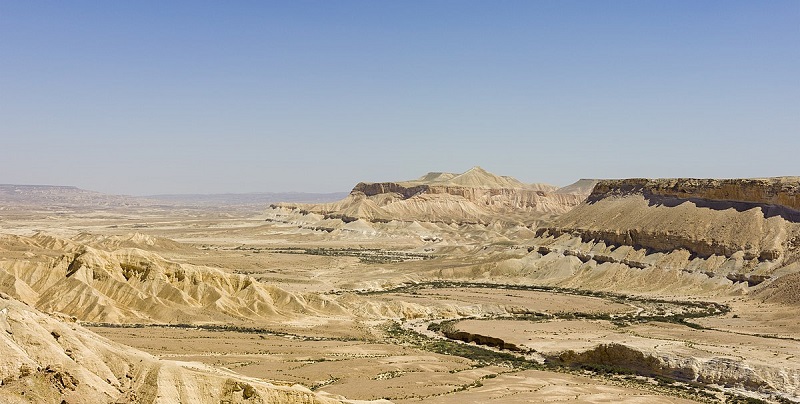The five PV projects are located in the Negev Desert, and comprise the 60 MWp Mashabei Sadeh plant, the 14 MWp Pduyim plant, the 13 MWp Mefalsim plant, and the two 7 MWp Kfar Maimon and Bitha plants. Around 307,400 PV modules have been installed over an area of close to 130 hectares, says EDF Renewables.
The French energy giant says it was awarded four of the projects in a mid-2017 tender, which reportedly saw the country’s lowest ever electricity tariff – €47 per MWh – granted. The fifth, the Mashabei Sadeh solar plant, was acquired by the company at the project stage in a separate deal also made last year.
The projects, it adds, are part of its CAP 2030 plan to double its global renewable energy capacity to 50 GW. To date, it has installed nearly 300 MW in Israel.
Overall, the EDF Group has announced three third bold initiatives in the past 12 months: (i) an electric mobility plan, under which it aims to become the leading e-mobility energy company in France, the United Kingdom, Italy and Belgium by 2022; (ii) an energy storage plan, the goal of which is to deploy around 10 GW of storage capacity by 2035, for an investment of around €8 billion; and (iii) a solar plan, where it aims to install 30 GW of solar in France between 2020 and 2035.
Despite its heightened renewable energy activity, Greenpeace France recently slammed EDF, among other energy companies, for not doing enough in terms of its green energy offers.
This content is protected by copyright and may not be reused. If you want to cooperate with us and would like to reuse some of our content, please contact: editors@pv-magazine.com.




1 comment
By submitting this form you agree to pv magazine using your data for the purposes of publishing your comment.
Your personal data will only be disclosed or otherwise transmitted to third parties for the purposes of spam filtering or if this is necessary for technical maintenance of the website. Any other transfer to third parties will not take place unless this is justified on the basis of applicable data protection regulations or if pv magazine is legally obliged to do so.
You may revoke this consent at any time with effect for the future, in which case your personal data will be deleted immediately. Otherwise, your data will be deleted if pv magazine has processed your request or the purpose of data storage is fulfilled.
Further information on data privacy can be found in our Data Protection Policy.